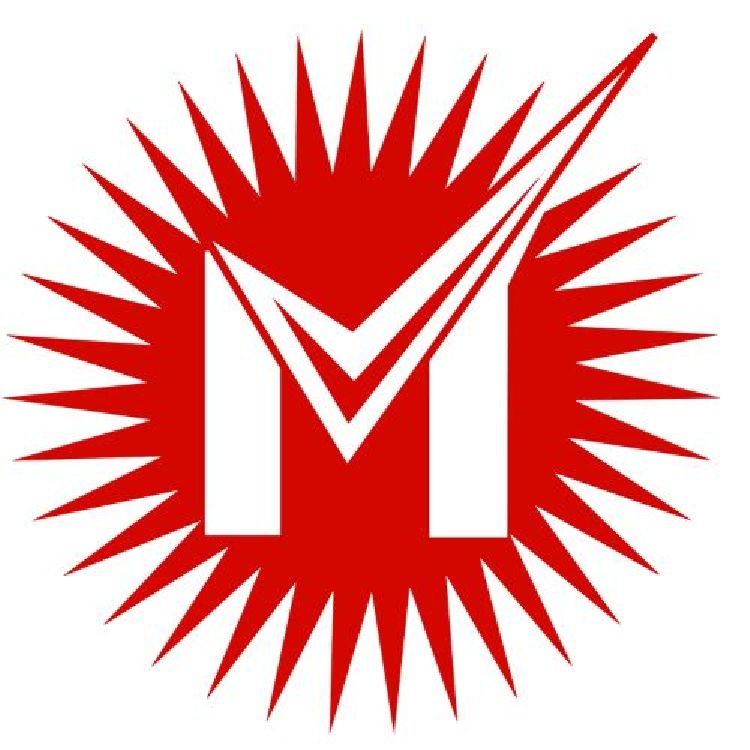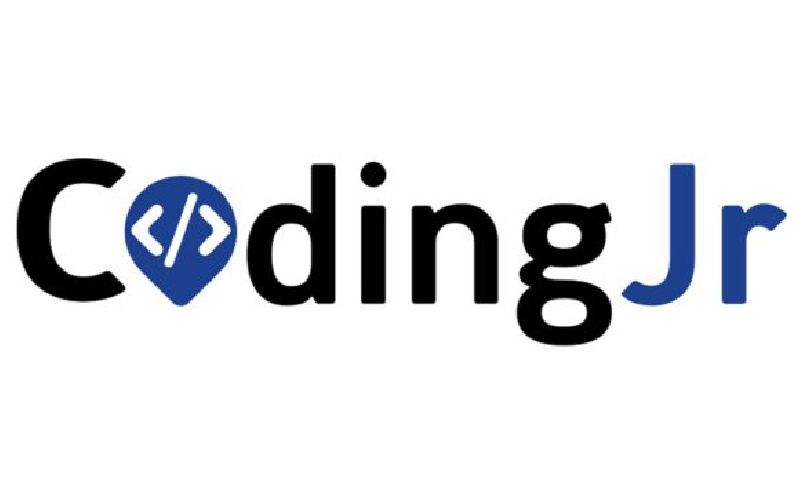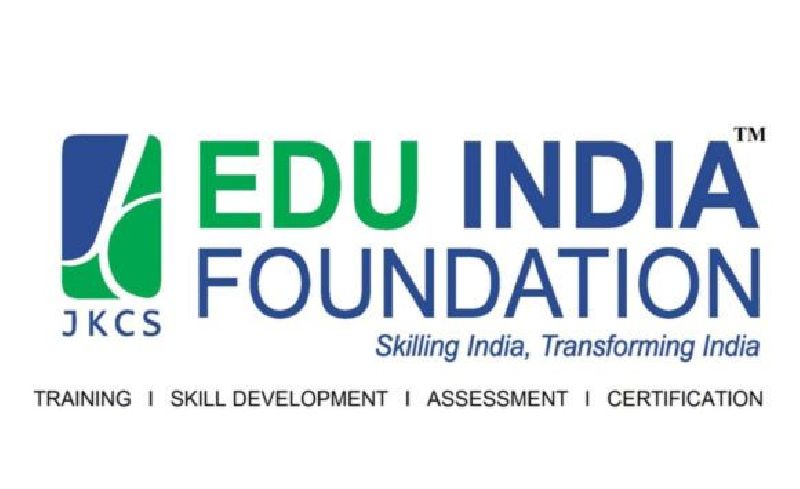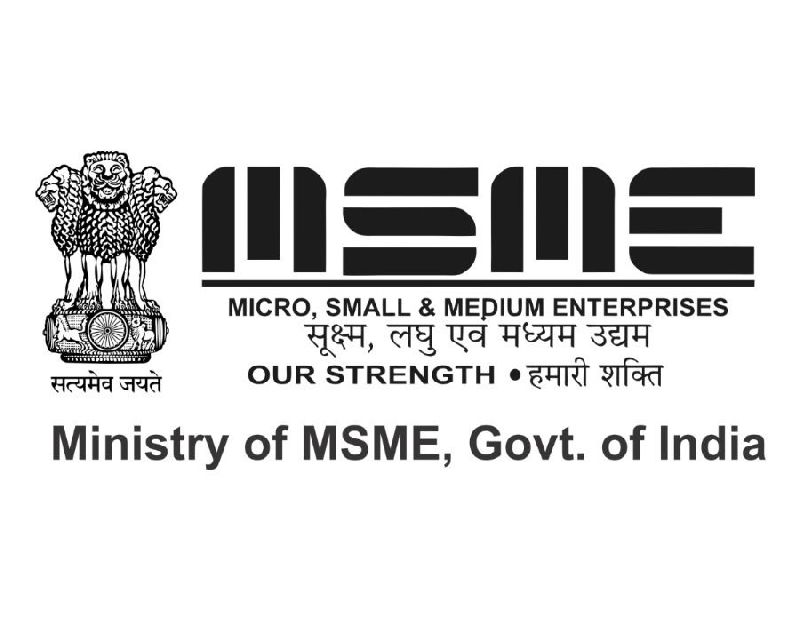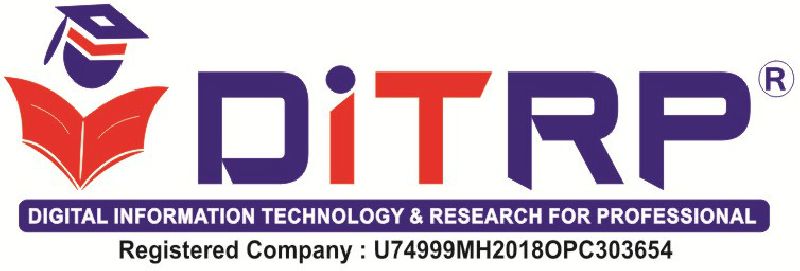
Course Syllabus
The Class 12 Commerce curriculum for the academic year 2024-25, as outlined by the Central Board of Secondary Education (CBSE), encompasses several core subjects, each designed to provide students with a comprehensive understanding of various commercial and economic concepts.
1. Accountancy
This subject is divided into two main parts:
Part A: Accounting for Not-for-Profit Organizations, Partnership Firms, and Companies (Total: 60 Marks)
Financial Statements of Not-for-Profit Organizations (10 Marks): This unit focuses on preparing financial statements for organizations that operate without profit motives, such as charities and societies.
Accounting for Partnership Firms (30 Marks): Students learn about the intricacies of partnership accounting, including profit-sharing ratios, admission, retirement, and dissolution of partnerships.
Accounting for Companies (20 Marks): This section delves into company accounts, covering topics like the issue of shares and debentures, and the preparation of financial statements for companies.
Part B: Financial Statement Analysis (Total: 20 Marks)
Analysis of Financial Statements (12 Marks): Students analyze financial statements to assess the financial health of businesses.
Cash Flow Statement (8 Marks): This unit teaches the preparation and interpretation of cash flow statements, highlighting cash movements within a business.
Part C: Project Work (20 Marks): Practical projects enable students to apply accounting concepts in real-world scenarios.
2. Economics
Economics is structured into three parts:
Part A: Introductory Economics (Total: 40 Marks)
National Income and Related Aggregates (10 Marks): This unit covers the measurement of national income and its components.
Money and Banking (6 Marks): Students explore the role of money and banking systems in the economy.
Determination of Income and Employment (12 Marks): This section examines factors influencing national income and employment levels.
Government Budget and the Economy (6 Marks): Focuses on fiscal policies and their impact on the economy.
Balance of Payments (6 Marks): Students learn about international trade and the country's balance of payments.
Part B: Indian Economic Development (Total: 40 Marks)
Development Experience and Economic Reforms since 1991 (12 Marks): This unit reviews India's economic reforms and development post-1991.
Current Challenges Facing Indian Economy (22 Marks): Addresses issues like poverty, unemployment, and infrastructure development.
Development Experience of India – A Comparison with Neighbours (6 Marks): Comparative analysis of India's development with neighboring countries.
Part C: Project Work (20 Marks): Students undertake projects to apply economic theories to current economic issues.
3. Business Studies
This subject is segmented into two parts:
Part A: Principles and Functions of Management (Total: 50 Marks)
Nature and Significance of Management (16 Marks): Introduces management concepts and their importance.
Principles of Management: Covers fundamental management principles.
Business Environment: Examines external factors influencing business operations.
Planning (14 Marks): Focuses on the planning function within management.
Organising: Discusses organizational structures and processes.
Staffing (20 Marks): Addresses recruitment, selection, and workforce management.
Directing: Covers leadership and motivation within management.
Controlling: Focuses on performance measurement and corrective actions.
Part B: Business Finance and Marketing (Total: 30 Marks)
Financial Management (15 Marks): Discusses financial planning, capital structure, and budgeting.
Financial Markets: Explores capital and money markets, stock exchanges, and regulatory bodies.
Marketing Management (15 Marks): Covers marketing concepts, strategies, and consumer behavior.
Consumer Protection: Emphasizes consumer rights and protection laws.
Project Work (20 Marks): Practical projects to apply business concepts in real-world scenarios.
4. Mathematics (If opted)
The mathematics syllabus comprises six units:
Relations and Functions (8 Marks): Studies different types of relations and functions.
Algebra (10 Marks): Focuses on matrices, determinants, and their applications.
Calculus (35 Marks): Covers continuity, differentiability, integrals, and differential equations.
Vectors and Three-Dimensional Geometry (14 Marks): Explores vector algebra and 3D geometry concepts.
Linear Programming (5 Marks): Introduces linear programming problems and solutions.
Probability (8 Marks): Deals with probability concepts and distributions.
Internal Assessment (20 Marks): Includes periodic tests, assignments, and practical work.
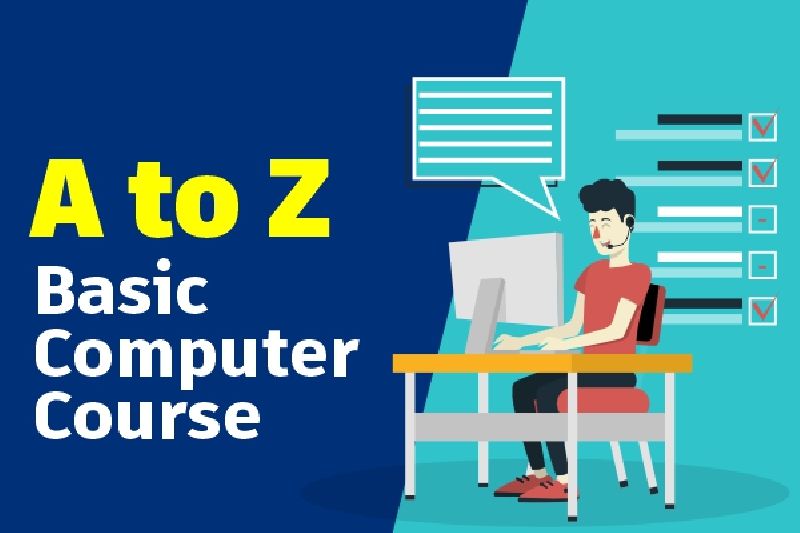
Course Code : BCC
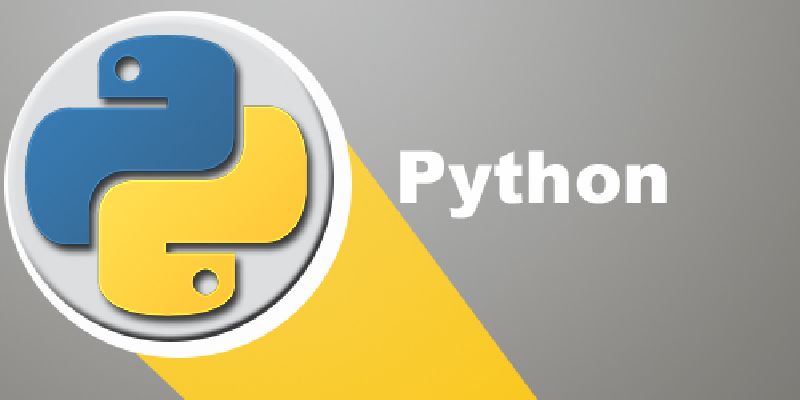
Course Code : PY01
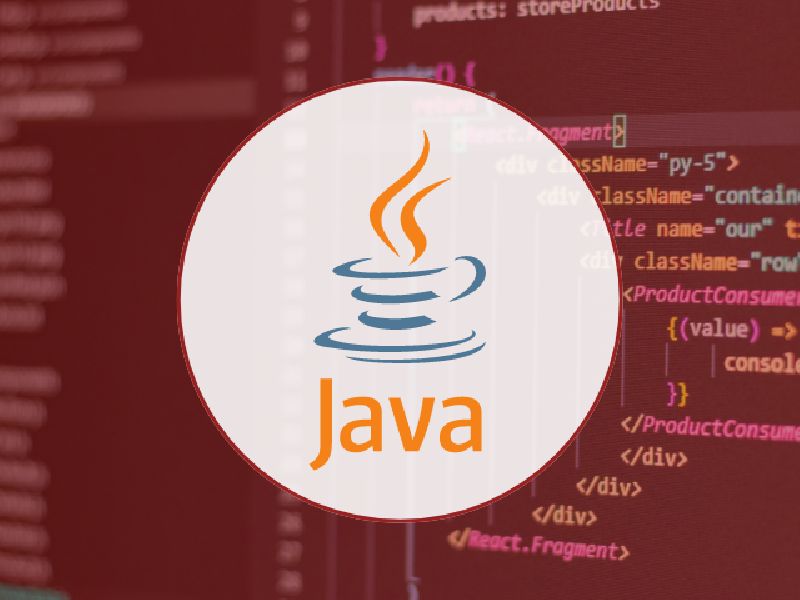
Course Code : JAVA01

Course Code : NONMED12

Course Code : MED12

Course Code : COM12

Course Code : ICSE10

Course Code : PSEB10

Course Code : CBSE9

Course Code : ICSE9

Course Code : PSEB9

Course Code : NONMED11

Course Code : MED11

Course Code : COM11

Course Code : IIT-JEE-CC

Course Code : NEET-CC
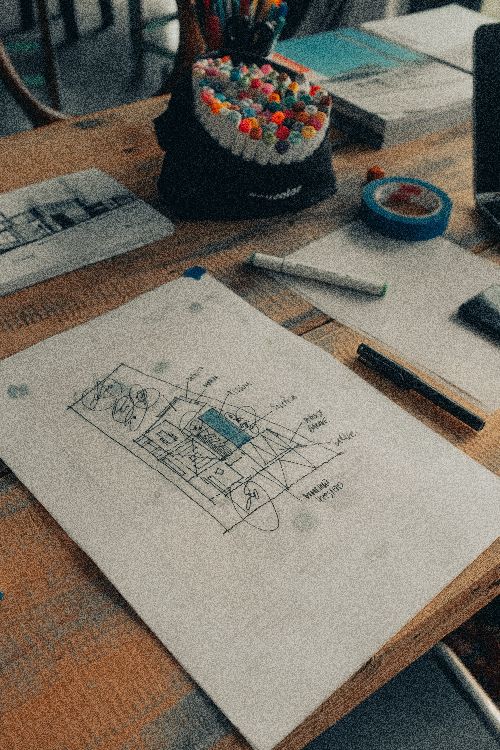
Course Code : NATA-CC

Course Code : PPMET-CC

Course Code : NDA-CC
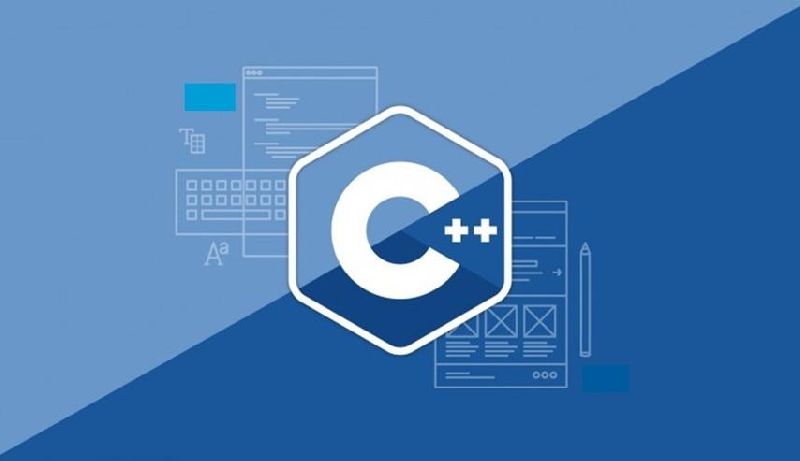
Course Code : CPP
Course Code : FTE
Course Code : SUPERMED11

Course Code : COM12

Course Code : NONMED12

Course Code : MED12

Course Code : ICSE10

Course Code : PSEB10

Course Code : CBSE9

Course Code : ICSE9

Course Code : PSEB9

Course Code : NONMED11

Course Code : MED11

Course Code : COM11
Course Code : SUPERMED11
Course Code : FTE

Course Code : NEET-CC
Course Code : CBSE10
Course Code : SUPERMED12
Course Code : SUPERMED12

Course Code : NONMED12

Course Code : MED12

Course Code : COM12

Course Code : ICSE10

Course Code : PSEB10

Course Code : CBSE9

Course Code : ICSE9

Course Code : PPMET-CC
Course Code : FTE

Course Code : MED11

Course Code : NEET-CC
Course Code : SUPERMED12
Course Code : CBSE10

Course Code : PSEB9

Course Code : NONMED11

Course Code : COM11
Course Code : SUPERMED11

Course Code : PPMET-CC

Course Code : IIT-JEE-CC

Course Code : NATA-CC

Course Code : NDA-CC
Course Code : CBSE10
Course Code : PHY11-12
Course Code : CHE11-12
Course Code : MAT11-12
Course Code : BIO11-12
Course Code : PHY11-12
Course Code : CHE11-12
Course Code : MAT11-12
Course Code : BIO11-12

Course Code : BCC
